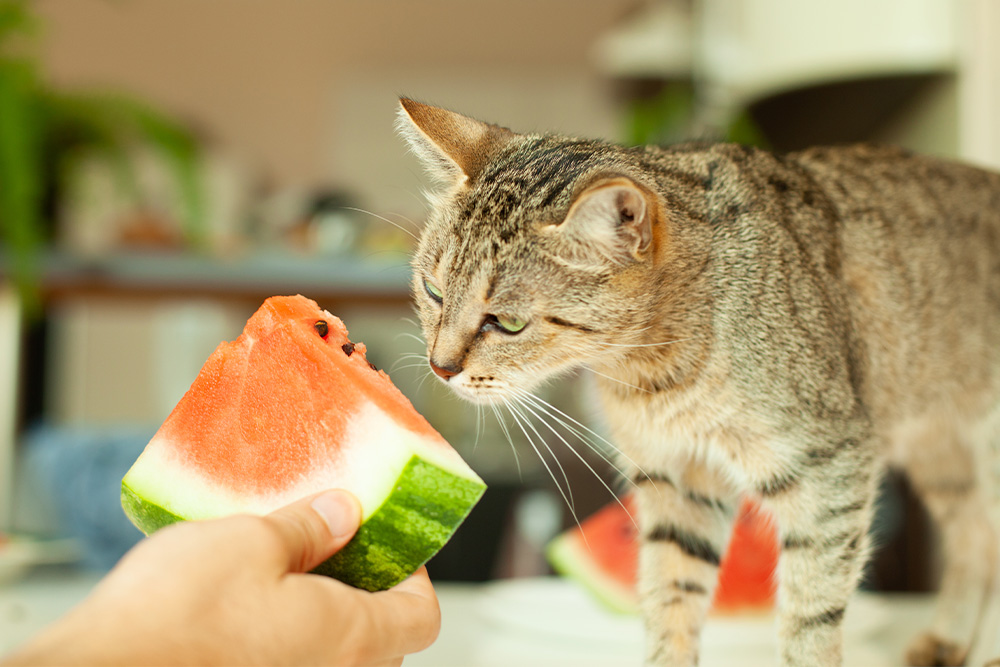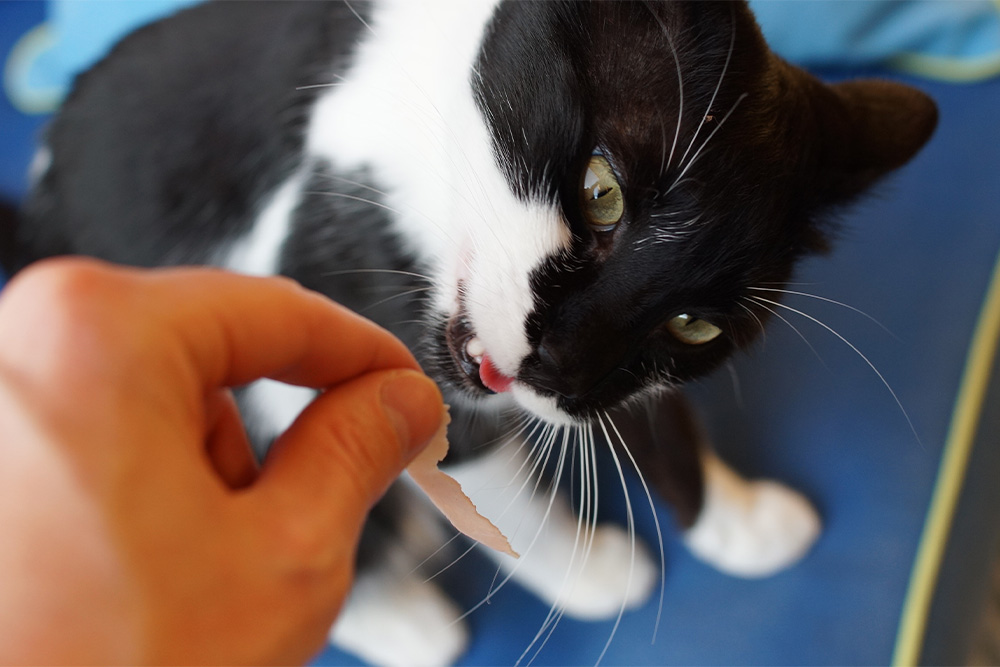Can Cats Eat Yogurt?
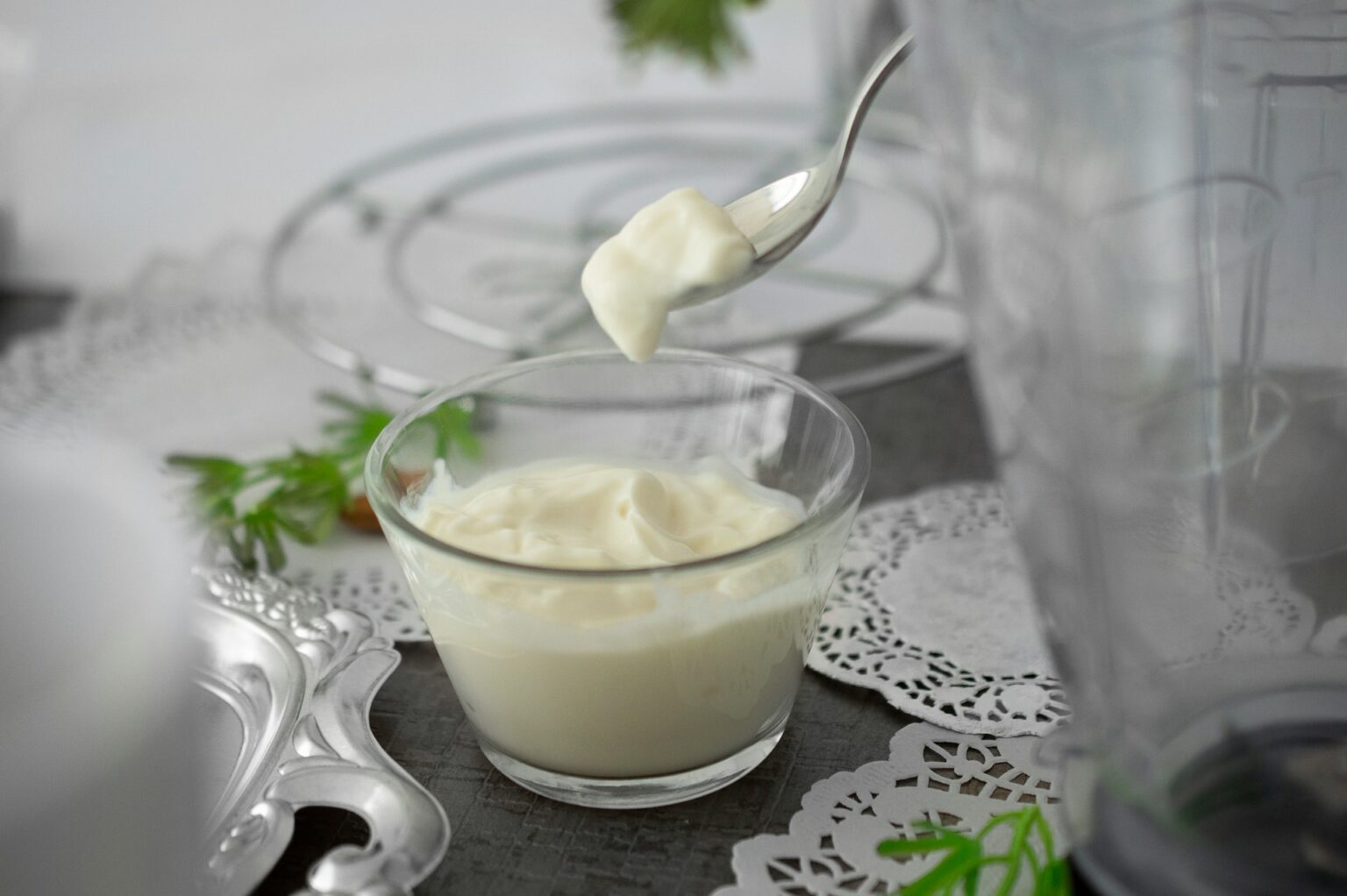
All our adorable animals need the correct diet if we want to keep them healthy. Although you may think cats are much more independent, they can be picky and demanding. That is why it is essential to know what our felines enjoy munching on; this means that we can give them a healthy and balanced diet. Cats, for example, are extremely meat-needy. But sometimes, pets also lust for other food, like dairy items. But is it safe for them? Can cats eat yogurt and other dairy products? We will check it out.
Is Yogurt Safe For Cats?
Many people assume that all cats should drink milk. It is seen in animated movies and shows, but is it true? Like all mammals, young kittens suckle and drink their mothers’ milk early in life. Cow’s milk, on the other hand, is a different story. It has other substances, which makes it not well digested by felines. This is why there is a lot of debate about cats eating dairy products. Yogurt, a product of milk, is generally prepared from cow milk. But its structure is a bit different than that of milk. Dairy foods such as yogurts have probiotics that can be healthy for pets. What about cats, then? Can cats eat yogurt?
Some experts say that a small amount of yogurt is not harmful. This means that cats can eat yogurt in the guise of a spoonful, which will not harm them. All that matters is that yogurt should be sugar-free or free of any other unwanted additives. The type of yogurt that can be given to cats is natural and unflavoured. However, other experts are more cautious about this kind of food. Instead, they recommend that it is better to avoid giving cats yogurt. Why? Let’s cover the benefits and disadvantages of this dairy food.
Yogurt Risk
Why can’t cats eat yogurt? It has a lot to do with the lactose. A review of scientific studies has led experts to conclude that nearly all adult cats are, in fact, lactose intolerant. Yogurt has less lactose than plain milk, but do not give this product to your cat, especially after noticing that your cat is unwell after eating it. In cats, intolerance is manifested by diarrhea and vomiting. The bodies of adult cats are unique compared to kittens in that they lose the ability to produce lactase, and as such, many adult cats will have symptoms if they consume dairy products.
It is also worth mentioning that store-bought yogurts contain many additives that can negatively affect cats. While people enjoy flavored yogurts, cats should avoid them. While excess sugar in yogurts can be okay in human food, it can be potentially bad for cats. Chocolate is especially dangerous, so watch out for these yogurts the most.
Yogurt Benefits
However, some cats are really picky eaters. If your kitty is mad about yogurt, there is a safe play you could perform to satisfy your pet’s taste buds. The most secure yogurt for felines is plain, natural yogurt, which does not include sugar or lactose. This is the only kind of yogurt you can give your cat in small amounts! Or you can purchase special yogurt for cats. Pet shops usually have some unique food products for cats.
You can buy special lactose-free yogurt meant for cats that do not contain other unnecessary ingredients. Their composition has been well-designed; thus, they can be included in cats’ diets. Fermented dairy products are rich in probiotics that help aid in gut health and many other things. This is why feeding cats products with probiotics can be very useful. But keep in mind that dairy should never be a substitute for regular cat food.
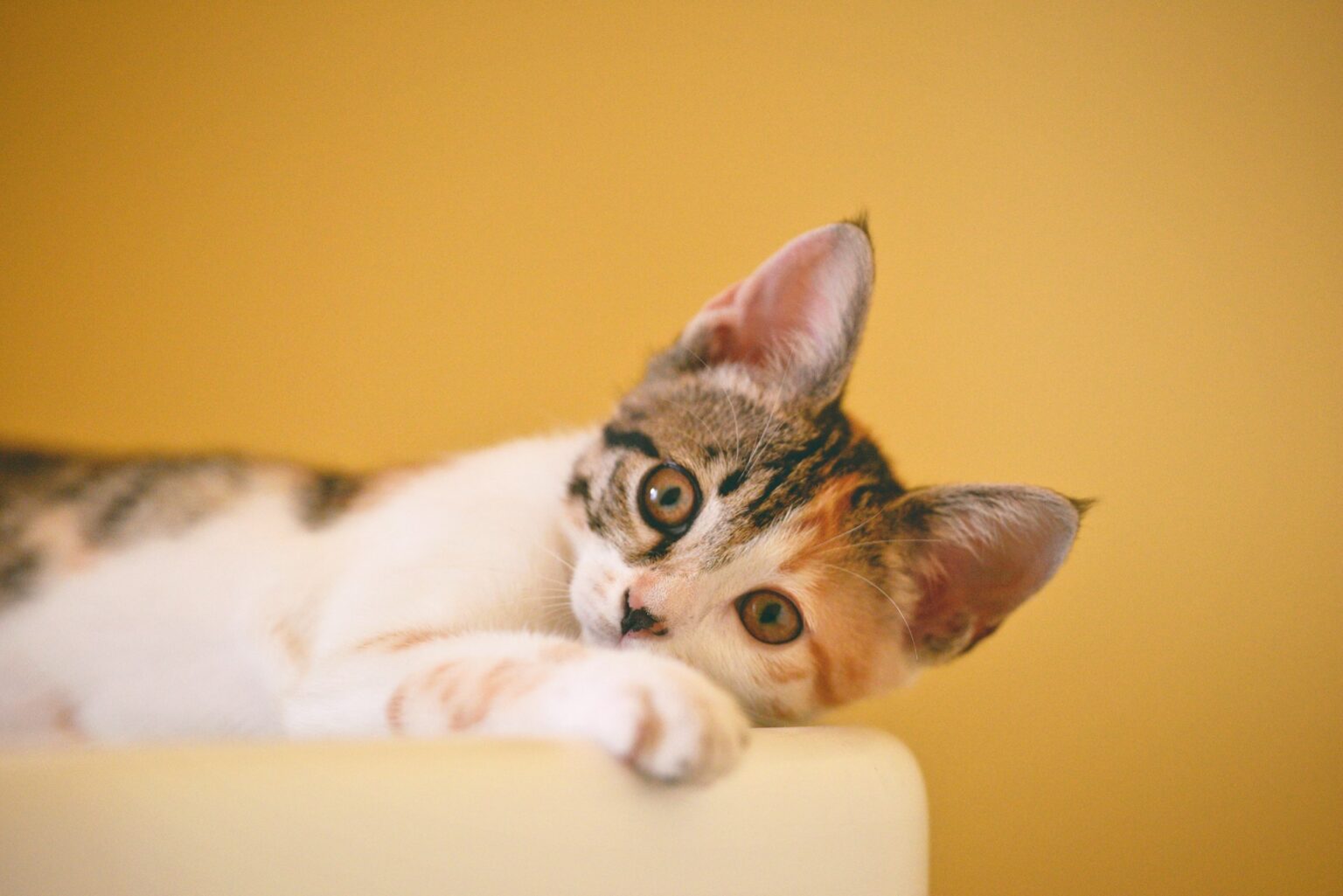
Summary – Can Cats Eat Yogurt?
Can cats eat yogurt? It’s a tough one to answer, as each cat may react differently to dairy products. If it is an adult cat, then consider the possibility of lactose intolerance. Thus, one must prevent cow-derived milk products from entering the cats. But, there is no harm in a small quantity if your cat does not feel sick after eating the product. When in doubt, ask your vet about the yogurt thing.
Sources
- Kozlova Mariia Nikolaevna (2019). Clinical and Morphological Manifestations of Disorders of the Gastrointestinal Tract of Cats with Regular Consumption of Lactose.
https://www.researchgate.net/publication/338504367_Clinical_and_Morphological_Manifestations_of_Disorders_of_the_Gastrointestinal_Tract_of_Cats_with_Regular_Consumption_of_Lactose - J. Scott Weese, Luis Arroyo (2003). Bacteriological evaluation of dog and cat diets that claim to contain probiotics.
https://pmc.ncbi.nlm.nih.gov/articles/PMC340078/
